‘Biden Trials’: Trump Denounces Prosecutors, as Judge Denies His Request To Move Stormy Daniels Trial From Liberal Manhattan
Mr. Trump’s attorneys argue that he can’t get a fair trial in Manhattan, where he is deeply unpopular.
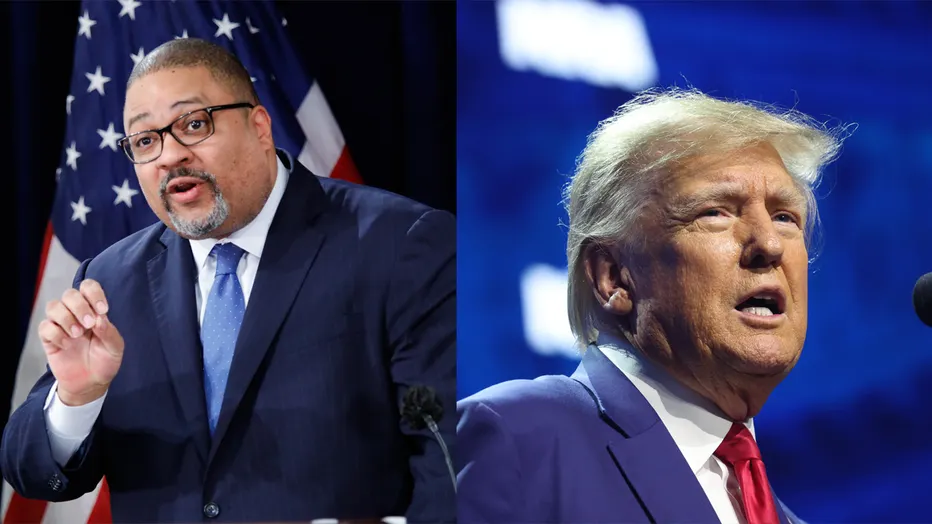
A New York appellate court denied President Trump’s request to delay his April 15 hush-money trial while he seeks a change of venue, an attempt to move the trial out of Manhattan. A few hours later the presiding trial judge issued a letter with his proposed questionnaire for jury selection.
Last Monday, Mr. Trump exclaimed on his social media network, Truth Social, “BIDEN TRIALS.” He was presumably referring to his looming trials as being orchestrated by the president. Also on Monday night, Mr. Trump denounced “ELECTION INTERFERENCE.”
Mr. Trump’s attorneys had argued, unsuccessfully, that the former president cannot get a fair trial in Manhattan, where he is deeply unpopular and has been buffeted by unflattering media coverage of his two recent civil trials in the borough.
“Jury selection cannot proceed in a fair manner,” one defense attorney, Emil Bove said during an emergency hearing held at a mid-level appeals court on Monday.
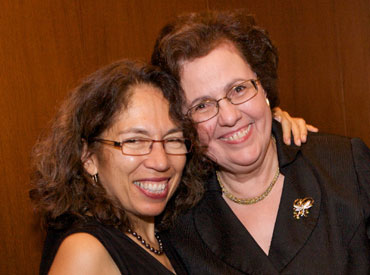
“In terms of pretrial publicity in this county this case stands alone,” he told the court, arguing that news coverage of Mr. Trump’s other Manhattan cases, like his civil fraud trial and his defamation lawsuit by writer E. Jean Carroll, had tainted the Manhattan jury pool. Mr. Bove cited a survey his team had conducted on recent media coverage that found 61 percent of Manhattan residents believed the former president was guilty in the criminal case.
The appellate chief for the Manhattan district attorney’s office, Steven Wu, disagreed. He pointed out that the same survey also showed 70 percent of Manhattan residents believed they could be impartial, regardless of their political opinions, a higher percentage than in neighboring counties.
The Manhattan district attorney, Alvin Bragg, has charged Mr. Trump with falsifying business records in an attempt to hide allegations of marital infidelity from voters during the 2016 election. An adult film star, Stormy Daniels, whose real name is Stephanie Clifford, claims she had a sexual encounter with the former president in 2006 and was paid $130,000 to keep silent about the affair during the presidential election ten years later by his former lawyer and current nemesis, Michael Cohen. According to prosecutors, Mr. Trump later repaid this debt to Cohen, but fraudulently disguised the reimbursement as legal expenses.
Mr. Bragg was able to elevate these charges, which would usually be misdemeanors, to felonies because he alleges Mr. Trump committed the crime to conceal a second crime. Mr. Bragg did not, however, disclose what that second crime is, a leeway the law provides and that will give him flexibility during the trial. Mr. Trump has pleaded innocent to all charges and denies ever having had sex with Ms. Daniels. The trial, which is scheduled to begin with jury selection on April 15, will be the first criminal trial against a former president in American history.
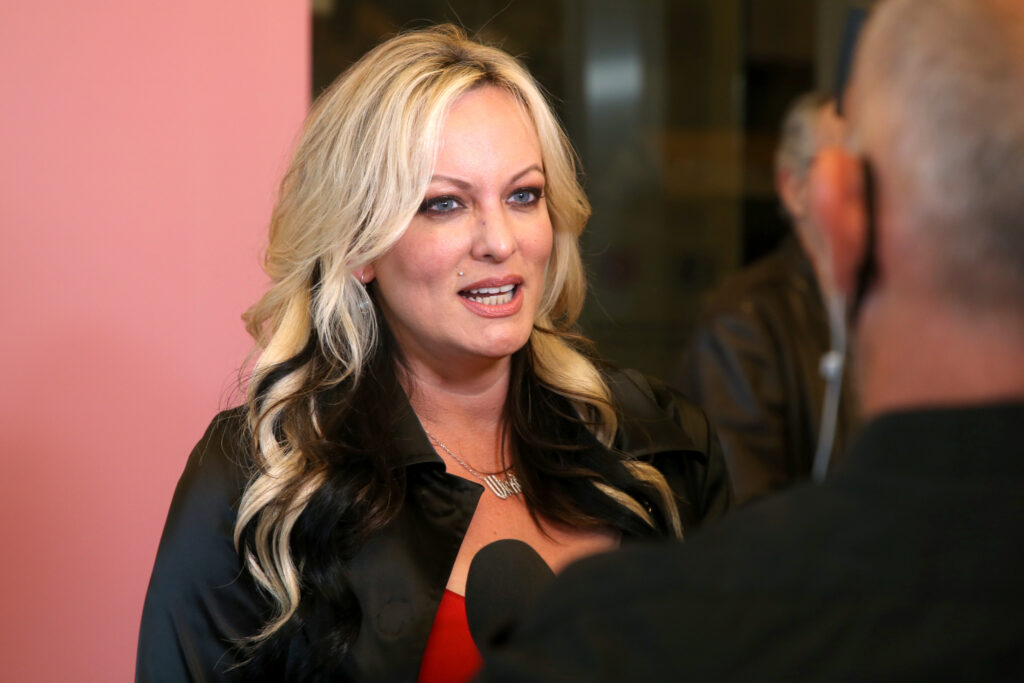
Defense attorneys argued that the case has received so much negative media coverage that it would be nearly impossible to find objective jurors in Manhattan. They cited an appellate decision, where the court agreed to move a trial away from New York City. In that 25 year-old case, four New York City police officers were charged with killing an unarmed Guinean student, Amadou Diallo, in the Bronx. Due to outrage and demonstrations in the city, the trial was moved to the state’s capital at Albany, where a jury found the officers not guilty.
“The mere fact that jurors know about this case is not an indication of bias.” Mr. Wu countered. “The question in this case is not whether a random poll of New Yorkers from whatever neighborhood are able to be impartial, it’s about whether a trial court is able to select a jury of 12 impartial jurors.”
The prosecutor added that Mr. Trump himself was continuously commenting on the case in the media. “This is the defendant,” Mr. Wu said, “coming into this argument with unclean hands, because the publicity in large part is his own.” He blamed Mr. Trump for making “countless media appearances talking about the facts of this case, the witnesses, and so on.”
Furthermore, the poll the defense attorneys had presented, Mr. Wu told the appellate court did not reflect the entire “even-handed coverage.” A high-profile case, such as this, undoubtedly attracts national and even international attention from all political sides. “Defendant has assumed throughout this argument here that publicity here is inherently prejudicial. The facts do not bear this out,” Mr. Wu concluded.
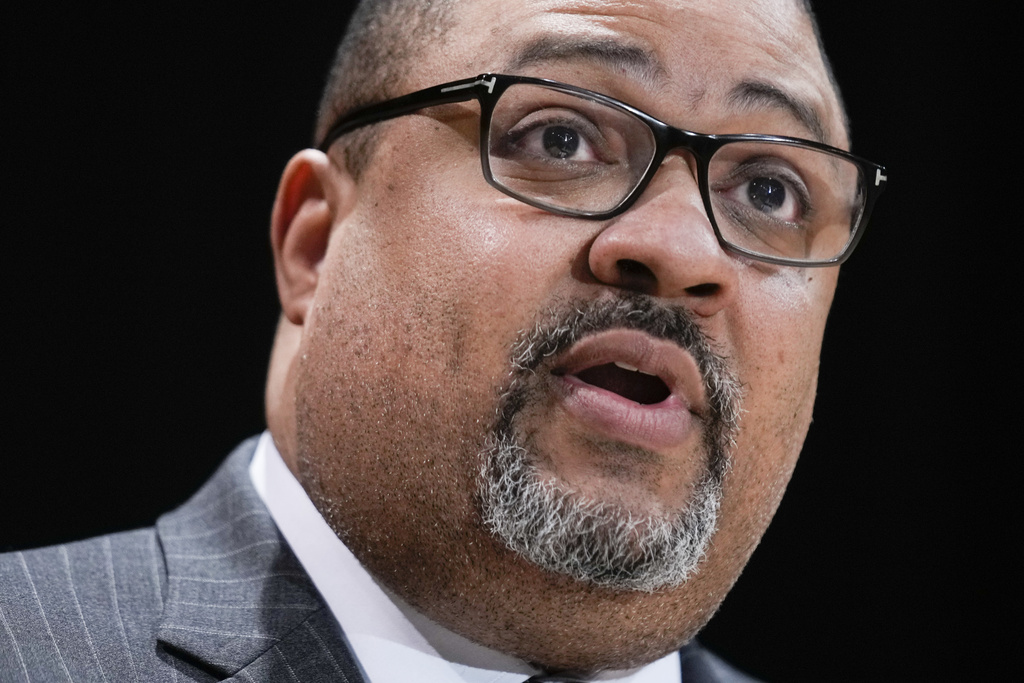
Mr. Wu also said the request to pause the trial was untimely, reminding the court that the defense had made previous attempts to delay, move and entirely dismiss the case, attempts the presiding trial judge had rejected.
After 45 minutes, the single appellate judge, Lizbeth González, denied the request. “Defendant’s application for a stay of trial…pending the determination of defendant’s motion for change of venue, is denied,” she ruled. Her short and unexplanatory order was published, but all other documents relating to Mr. Trump’s appeals were sealed and not made available to the public, including a second request the defense had filed on Monday in a separate court docket: a lawsuit against the presiding trial judge, Juan Merchan, to challenge his rulings.
President Trump has repeatedly demanded that Judge Merchan recuse himself due to the political work of his daughter, Loren Merchan, who heads an agency, Authentic Campaigns, that works with Democratic clients including opponents of Mr. Trump like Vice President Harris and Representative Adam Schiff.
In March, the judge issued a gag order against Mr. Trump, prohibiting him from publicly speaking about court staff, witnesses, counsel, jurors and their family members. Last week, as Mr. Trump continued to denounce Ms. Merchan, he extended that restriction to include the family members of the court, and of Mr. Bragg.
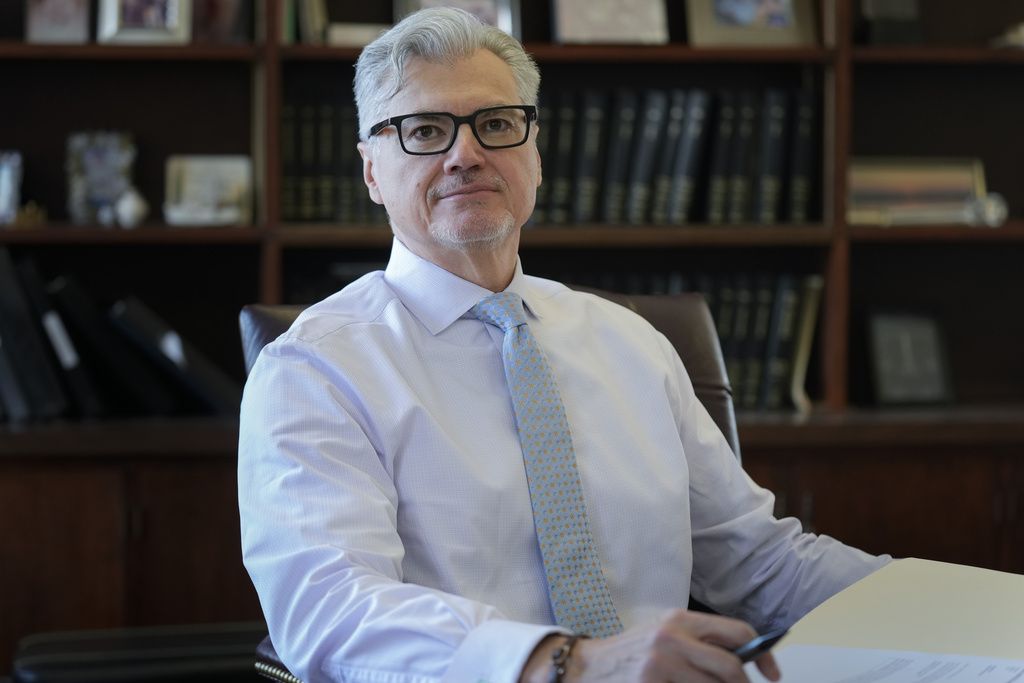
Defense attorneys had signaled in previous court filings that they would appeal the gag order. But the lawsuit they filed on Monday was not a direct appeal. Instead the defense used a New York state law known as Article 78, under which judges can be sued for their judicial decisions. Mr. Trump previously filed a similar Article 78 suit against another judge, the one who presided over his civil fraud case, Arthur Engoron, in an attempt to delay that trial last year. The request was denied.
The appellate judge did not hear nor rule on the article 78 lawsuit on Monday. It is possible that a single judge may respond to the request in a preliminary ruling on Tuesday, which would then require a full five-judge panel to follow with a decision.
As if that wasn’t enough news for the day, Judge Merchan issued a letter detailing his proposed procedure and questionnaire to select the jurors for next week. In his letter, he reasoned that in selecting a jury, the parties should not be concerned with whether a potential juror liked or disliked the defendant, but whether they had the ability to “set aside any personal feelings or biases and render a decision that is based on the evidence and the law.”
If the defense succeeds in moving the hush-money trial out of Manhattan, a new judge would most likely be assigned to the case.

